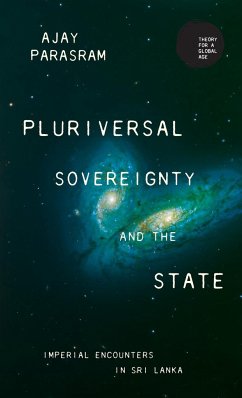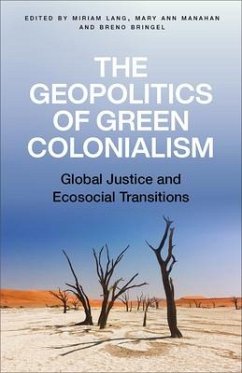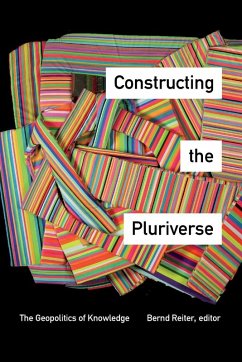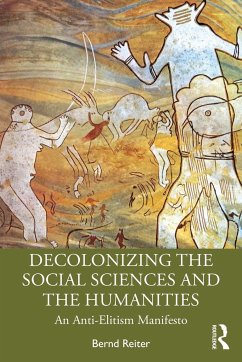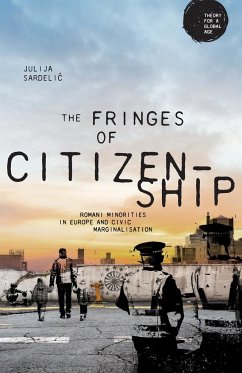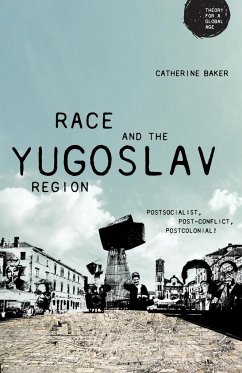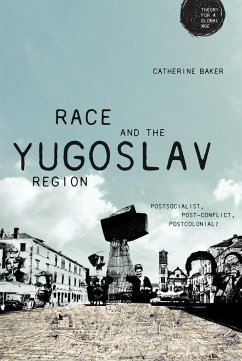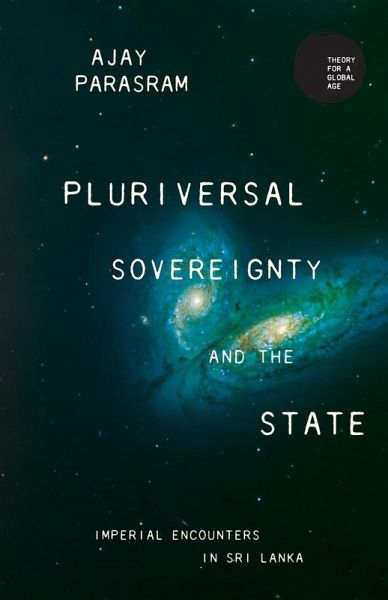
Pluriversal sovereignty and the state
Imperial encounters in Sri Lanka
Versandkostenfrei!
Versandfertig in 1-2 Wochen
35,99 €
inkl. MwSt.
Weitere Ausgaben:

PAYBACK Punkte
18 °P sammeln!
This book explains how the processes of â total territorial ruleâ at the core of the modern international system became normalised in Ceylon (Sri Lanka). It develops a decolonial framework informed by a â pluriverseâ of multiple ontologies of sovereignty to argue that the state itself is an outcome of imperial globalisation. -- .




